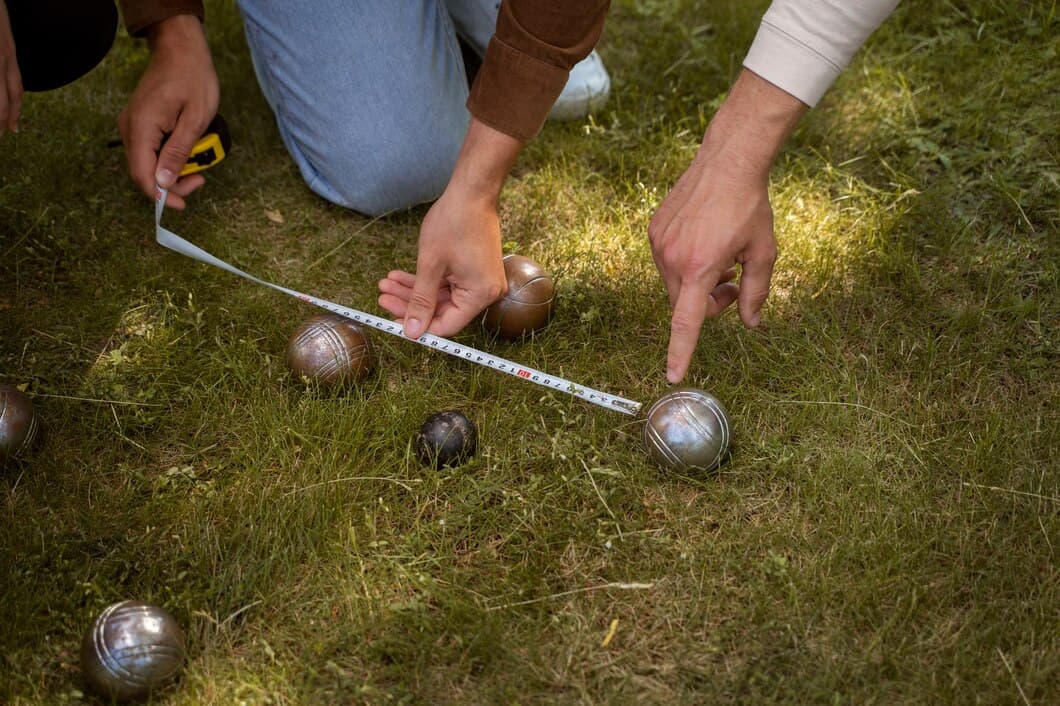Can You Become A Pro Golfer At 25?
-

This article will explore the question of whether or not it is possible to become a professional golfer at the age of 25. We will examine the challenges and opportunities that come with pursuing a professional golf career at a later age, and we will provide tips and advice for those who are considering making the switch.
Becoming a professional golfer at any age requires dedication, hard work, and natural talent. However, there are certain challenges that come with pursuing a professional golf career at a later age. For one, younger golfers have a physical advantage over older golfers, and they may be able to hit the ball longer and with more accuracy. Additionally, younger golfers may have more time to practice and develop their skills. However, older golfers may have more experience and maturity, and they may be better able to handle the pressure of competition.
Age and Success in Golf
There are many factors that can affect success in golf, including age. Some people believe that it is harder to become a pro golfer at 25 than it is at a younger age, while others believe that age is not a significant factor. There is no consensus on this issue, and it likely varies from person to person.
Some of the challenges that older golfers may face include decreased physical ability, slower reaction times, and less time to practice. However, older golfers may also have advantages over younger golfers, such as more experience, better decision-making skills, and a stronger mental game. Ultimately, whether or not someone can become a pro golfer at 25 depends on a variety of factors, including their natural ability, dedication, and work ethic.
If you are 25 and aspiring to become a pro golfer, there are a few things you can do to increase your chances of success. First, make sure that you have a strong foundation in the game. This means practicing regularly and taking lessons from a qualified instructor. Second, be realistic about your goals. Don't expect to become a pro overnight. It takes years of hard work and dedication to reach the top level of golf.
Physical and Mental Requirements
The physical and mental requirements for becoming a professional golfer at 25 are demanding. Physically, golfers need to have excellent hand-eye coordination, flexibility, and strength. They also need to be able to tolerate long hours of practice and competition in all weather conditions. Mentally, golfers need to be able to stay focused and motivated, even when things are not going their way. They also need to be able to handle the pressure of competition and the scrutiny of the public.
While it is possible to become a professional golfer at 25, it is important to remember that it is a very competitive field. Only a small percentage of golfers who start playing at a young age ever make it to the professional level. However, with hard work and dedication, it is possible to achieve your dream of becoming a professional golfer.
Skill Development and Practice
Golf is a skill-based game that requires years of practice to master. The best golfers in the world have spent countless hours honing their skills on the driving range, putting green, and course. If you want to become a pro golfer, you need to be prepared to put in the same amount of time and effort. There is no substitute for hard work and dedication.
In addition to practicing your golf swing, you also need to develop your mental game. This means learning how to stay focused and positive, even when you're not playing your best. It also means developing a strong work ethic and never giving up on your dreams. Becoming a pro golfer is a difficult goal, but it is possible if you are willing to put in the work.
Professional Golf Qualifications

To become a professional golfer at 25 years old, you will need to obtain the appropriate professional golf qualifications. There are a few different ways to do this, depending on your country of residence. In the United States, you can become a PGA apprentice professional by completing a six-month program and passing a series of exams.
Once you have completed the program and passed the exams, you can then apply for Class A PGA Membership. As a PGA Class A member, you will be eligible to work as a golf professional.
Alternative Career Paths in Golf
Golf offers a range of alternative career paths beyond professional playing. With a deep understanding of the game, individuals can pursue roles such as golf course architects, designing and shaping courses to meet the demands of the sport. Golf instructors share their knowledge and expertise, guiding aspiring golfers towards improvement.
Additionally, golf management positions encompass various responsibilities, including overseeing operations, maintaining facilities, and organizing tournaments. Event management in golf involves planning and executing competitions, ensuring a seamless experience for players and attendees alike.
Additional Considerations: Finances and Support
In addition to the physical and mental demands of becoming a pro golfer, there are also significant financial considerations. The cost of coaching, equipment, travel, and tournament fees can add up quickly. It's important to have a realistic understanding of the expenses involved and to secure financial support if necessary.
One way to offset the costs of pursuing a professional golf career is to find sponsorships. Sponsorships can provide financial assistance, as well as access to equipment and other resources. Another option is to pursue a college golf scholarship. College golf programs can provide a pathway to the professional ranks, as well as financial assistance and access to top-notch coaching and facilities.
It's also important to have a support system in place. This could include family, friends, or a coach who can provide emotional support and guidance along the way. A strong support system can help you stay motivated and focused on your goals, even when the going gets tough.
Overcoming Challenges and Maintaining Motivation
Obstacles do not define your path and they should not stand between you and your dream of becoming a professional golfer. While it may be challenging to become a pro golfer at 25, it is certainly not impossible.
Once you have found the motivation, you need to keep it. Strive to find inspiration in the successes and failures of others. Remember that many professional golfers have faced challenges and setbacks at some point in their careers.
Setbacks and failures are a part of life. They help shape us and mold us into the people we are today. As you move forward on your journey to becoming a pro golfer, remember that you will face challenges and failures along the way. It is how you respond to these challenges and failures that will determine your success.
Keep in mind that every setback is an opportunity to learn and grow. Every failure is a stepping stone on the path to success. So don't let obstacles stand in your way. Embrace them, learn from them, and use them to fuel your motivation.
Optimizing Performance and Potential
To become a pro golfer at 25, you need to optimize your performance and potential. This includes physical training, mental conditioning, and technical skill development. You should also seek out expert coaching and create a personalized training plan that suits your individual needs and goals. Focus on your strengths and weaknesses, and work on developing a consistent and repeatable swing.
Set realistic goals and track your progress regularly. This will help you stay motivated and make necessary adjustments along the way. Remember that becoming a pro golfer is a long and challenging process, but with dedication and hard work, you can achieve your dream.
Maximizing Success Chances at 25
If you're 25 and dreaming of becoming a professional golfer, it's important to maximize your chances of success. The competition is fierce, but with the right mindset, training, and support, it is possible to achieve your goals. Start by setting realistic goals and creating a structured practice plan. Seek guidance from experienced coaches and mentors, and surround yourself with positive and supportive people.
Stay committed to your training, even when the going gets tough. Remember that progress takes time and consistency. Attend tournaments and competitions to gain experience and test your skills. Be patient and persistent, and never give up on your dream. With hard work and dedication, anything is possible.
Frequently Asked Questions
Is it too late to become a pro golfer at 25?
The chances of becoming a professional golfer at the age of 25 or older are slim, but not impossible. To become a professional golfer, you must be able to play at a high level and pass multiple qualifying tests. The most important thing for you now is to assess your level and set realistic goals.
What is the average age of a pro golfer?
The average age of a professional golfer on the PGA Tour is 29. However, some golfers have been successful in their careers at much younger ages, such as Tiger Woods, who won his first major championship at the age of 21.
What are the steps to becoming a pro golfer?
To become a professional golfer, you must develop your golf skills. It is also important to find a qualified coach who can help you develop your skills and prepare you for the challenges of professional golf.
What are the challenges of becoming a pro golfer?
There are many challenges to becoming a professional golfer. One of the biggest challenges is the amount of time and dedication it takes to develop the necessary skills to compete at a high level. You must also be willing to travel frequently and compete in tournaments around the world.
To Sum Up
Regardless of your age, becoming a professional golfer requires a significant investment of time and effort. Many factors influence your chances of success, including your natural talent, work ethic, and access to resources.
Ultimately, the decision of whether or not you can become a pro golfer at 25 is a personal one. If you are passionate about the game and willing to put in the hard work, it is possible to achieve your goals. However, it is essential to be realistic about your expectations and to have a backup plan in case you do not reach your full potential.